
Kód: 04723800
Imperial Medicine
Autor Douglas M. Haynes
Imperial Medicine Patrick Manson and the Conquest of Tropical Disease Douglas M. Haynes "Imperial Medicine makes a major contribution...It effectively situates Manson in two very different professional and political locations--Chi ... celý popis
- Jazyk:
 Angličtina
Angličtina - Vazba: Pevná
- Počet stran: 240
Nakladatelství: University of Pennsylvania Press, 2001
- Více informací o knize

Mohlo by se vám také líbit
Darujte tuto knihu ještě dnes
- Objednejte knihu a zvolte Zaslat jako dárek.
- Obratem obdržíte darovací poukaz na knihu, který můžete ihned předat obdarovanému.
- Knihu zašleme na adresu obdarovaného, o nic se nestaráte.
Více informací o knize Imperial Medicine
Nákupem získáte 207 bodů
 Anotace knihy
Anotace knihy
Imperial Medicine Patrick Manson and the Conquest of Tropical Disease Douglas M. Haynes "Imperial Medicine makes a major contribution...It effectively situates Manson in two very different professional and political locations--China and London--and makes informative connections between the filarial and malarial stages of his career."--Victorian Studies In 1866 Patrick Manson, a young Scottish doctor fresh from medical school, left London to launch his career in China as a port surgeon for the Imperial Chinese Customs Service. For the next two decades, he served in this outpost of British power in the Far East, and extended the frontiers of British medicine. In 1899, at the twilight of his career and as the British Empire approached its zenith, he founded the London School of Tropical Medicine. For these contributions Manson would later be called the "father of British tropical medicine." In Imperial Medicine: Patrick Manson and the Conquest of Tropical Disease Douglas M. Haynes uses Manson's career to explore the role of British imperialism in the making of Victorian medicine and science. He challenges the categories of "home" and "empire" that have long informed accounts of British medicine and science, revealing a vastly more dynamic, dialectical relationship between the imperial metropole and periphery than has previously been recognized. Manson's decision to launch his career in China was no accident; the empire provided a critical source of career opportunities for a chronically overcrowded profession in Britain. And Manson used the London media's interest in the empire to advance his scientific agenda, including the discovery of the transmission of malaria in 1898, which he portrayed as British science. The empire not only created a demand for practitioners but also enhanced the presence of British medicine throughout the world. Haynes documents how the empire subsidized research science at the London School of Tropical Medicine and elsewhere in Britain in the early twentieth century. By illuminating the historical enmeshment of Victorian medicine and science in Britain's imperial project, Imperial Medicine identifies the present-day privileged distribution of specialist knowledge about disease with the lingering consequences of European imperialism. Douglas M. Haynes teaches history at the University of California, Irvine. 2001 | 240 pages | 6 x 9 | 17 illus. ISBN 978-0-8122-3598-2 | Cloth | $59.95s | GBP39.00 ISBN 978-0-8122-0221-2 | Ebook | $59.95s | GBP39.00 World Rights | Medicine, History, Science, General Short copy: "Imperial Medicine ...effectively situates Manson in two very different professional and political locations--China and London--and makes informative connections between the filarial and malarial stages of his career."--Victorian Studies
 Parametry knihy
Parametry knihy
Zařazení knihy Knihy v angličtině Humanities History General & world history
2066 Kč
- Plný název: Imperial Medicine
- Podnázev: Patrick Manson and the Conquest of Tropical Disease
- Autor: Douglas M. Haynes
- Jazyk:
 Angličtina
Angličtina - Vazba: Pevná
- Počet stran: 240
- EAN: 9780812235982
- ISBN: 0812235983
- ID: 04723800
- Nakladatelství: University of Pennsylvania Press
- Hmotnost: 534 g
- Rozměry: 164 × 242 × 27 mm
- Datum vydání: 25. April 2001
Oblíbené z jiného soudku
-
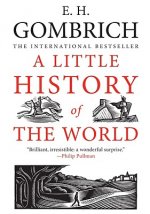
A Little History of the World
308 Kč -
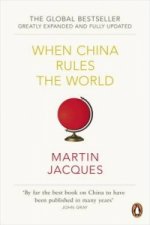
When China Rules The World
503 Kč -

Age of Anger
303 Kč -
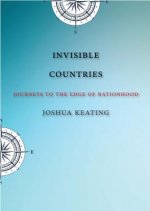
Invisible Countries
876 Kč -
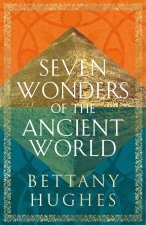
Seven Wonders of the Ancient World
462 Kč -
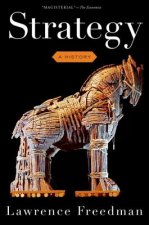
Strategy
543 Kč -
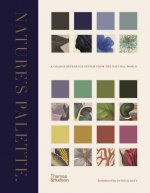
Nature's Palette
946 Kč -

History of the World
410 Kč -

Hitler's Headquarters 1939-1945 (Images of War Series)
684 Kč -
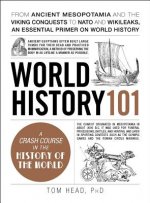
World History 101
385 Kč -
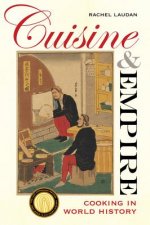
Cuisine and Empire
832 Kč -
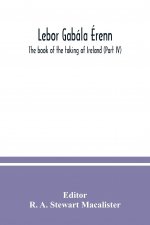
Lebor gabala Erenn
518 Kč -
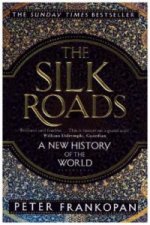
Silk Roads
473 Kč -
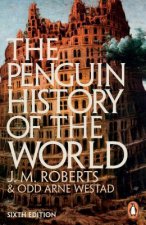
Penguin History of the World
520 Kč -

Invention of Nature
420 Kč -

Carroll Shelby
557 Kč -
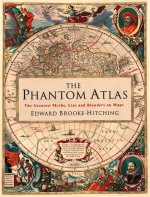
Phantom Atlas
680 Kč -

Corvette, 1966-1982
784 Kč -
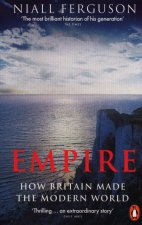
Empire
358 Kč -

History Book
545 Kč -

Political Order and Political Decay
358 Kč -
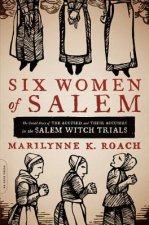
Six Women of Salem
410 Kč -
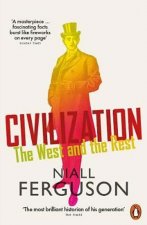
Civilization
358 Kč -
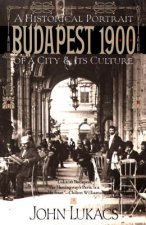
Budapest 1900
435 Kč -

Conquests and Cultures
466 Kč -
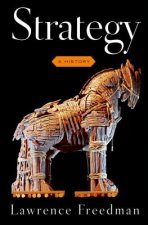
Strategy
785 Kč -

Augustus
462 Kč -
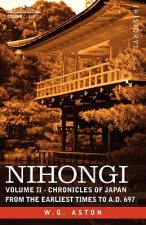
Nihongi
612 Kč -
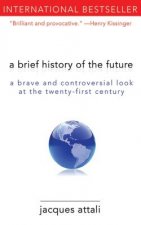
Brief History of the Future
406 Kč -

Death of the Wehrmacht
1176 Kč -

To the Gates of Stalingrad Volume 1 The Stalingrad Trilogy
1738 Kč -
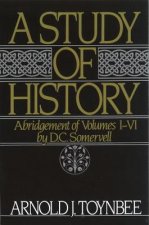
Study of History: Volume I: Abridgement of Volumes I-VI
878 Kč -
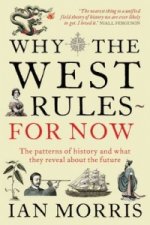
Why The West Rules - For Now
358 Kč -

Humankind : A Hopeful History
520 Kč -

Wealth And Poverty Of Nations
437 Kč -
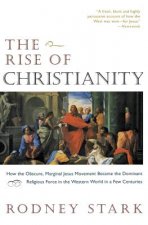
Rise of Christianity
449 Kč -

Study of History: Volume II: Abridgement of Volumes VII-X
800 Kč -

War in Human Civilization
1261 Kč -
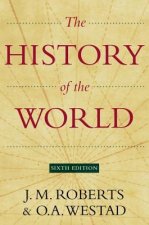
History of the World
979 Kč -

Devil and Sherlock Holmes
358 Kč -
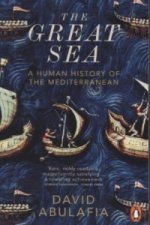
Great Sea
514 Kč -

Global Crisis
602 Kč -

Travel Route 66
525 Kč -
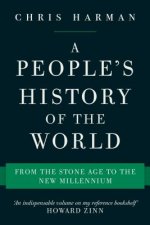
People's History of the World
392 Kč -

What is the History of Emotions?
532 Kč -

Descent into Darkness
612 Kč -
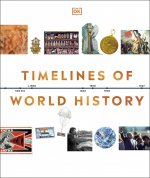
Timelines of World History
670 Kč -

Game of Thrones versus History - Written in Blood
418 Kč -
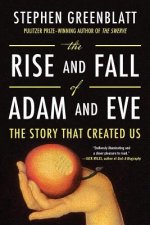
Rise and Fall of Adam and Eve
296 Kč
Osobní odběr Praha, Brno a 12903 dalších
Copyright ©2008-24 nejlevnejsi-knihy.cz Všechna práva vyhrazenaSoukromíCookies




 Vrácení do měsíce
Vrácení do měsíce 571 999 099 (8-15.30h)
571 999 099 (8-15.30h)